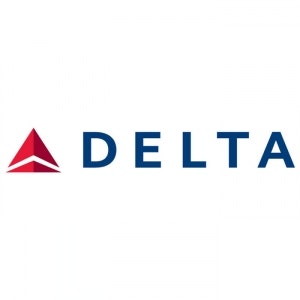Delta Air Lines, Inc. (NYSE:DAL) is up over 65% year-to-date, but one metric suggests that profit-taking might be in store.
If you were to ask many market players, hedge funds are assumed to be useless, old investment tools of a forgotten age. Although there are over 8,000 hedge funds trading today, this site looks at the crème de la crème of this group, around 525 funds. It is widely held that this group has its hands on most of all hedge funds’ total capital, and by watching their best stock picks, we’ve revealed a number of investment strategies that have historically outstripped the S&P 500. Our small-cap hedge fund strategy outstripped the S&P 500 index by 18 percentage points annually for a decade in our back tests, and since we’ve began to sharing our picks with our subscribers at the end of August 2012, we have outperformed the S&P 500 index by 33 percentage points in 11 months (find the details here).
Equally as necessary, bullish insider trading sentiment is another way to look at the investments you’re interested in. Obviously, there are plenty of reasons for an insider to cut shares of his or her company, but only one, very simple reason why they would initiate a purchase. Various academic studies have demonstrated the impressive potential of this tactic if piggybackers understand what to do (learn more here).
Thus, let’s study the recent info surrounding Delta Air Lines, Inc. (NYSE:DAL).
How are hedge funds trading Delta Air Lines, Inc. (NYSE:DAL)?
At Q2’s end, a total of 65 of the hedge funds we track were bullish in this stock, a change of -4% from the first quarter. With hedgies’ sentiment swirling, there exists a few noteworthy hedge fund managers who were upping their holdings meaningfully.

As Delta Air Lines, Inc. (NYSE:DAL) has experienced declining interest from the entirety of the hedge funds we track, we can see that there is a sect of hedge funds who were dropping their entire stakes last quarter. Intriguingly, Kenneth Mario Garschina’s Mason Capital Management dropped the biggest investment of the “upper crust” of funds we track, worth close to $70.9 million in stock, and Bruce J. Richards and Louis Hanover of Marathon Asset Management was right behind this move, as the fund dumped about $39.6 million worth. These moves are important to note, as aggregate hedge fund interest was cut by 3 funds last quarter.
Insider trading activity in Delta Air Lines, Inc. (NYSE:DAL)
Bullish insider trading is particularly usable when the primary stock in question has seen transactions within the past 180 days. Over the latest half-year time frame, Delta Air Lines, Inc. (NYSE:DAL) has seen 2 unique insiders buying, and 4 insider sales (see the details of insider trades here).
We’ll go over the relationship between both of these indicators in other stocks similar to Delta Air Lines, Inc. (NYSE:DAL). These stocks are Spirit Airlines Incorporated (NASDAQ:SAVE), US Airways Group, Inc. (NYSE:LCC), China Eastern Airlines Corp. Ltd. (ADR) (NYSE:CEA), China Southern Airlines Co Ltd (ADR) (NYSE:ZNH), and United Continental Holdings Inc (NYSE:UAL). This group of stocks are the members of the major airlines industry and their market caps resemble DAL’s market cap.




